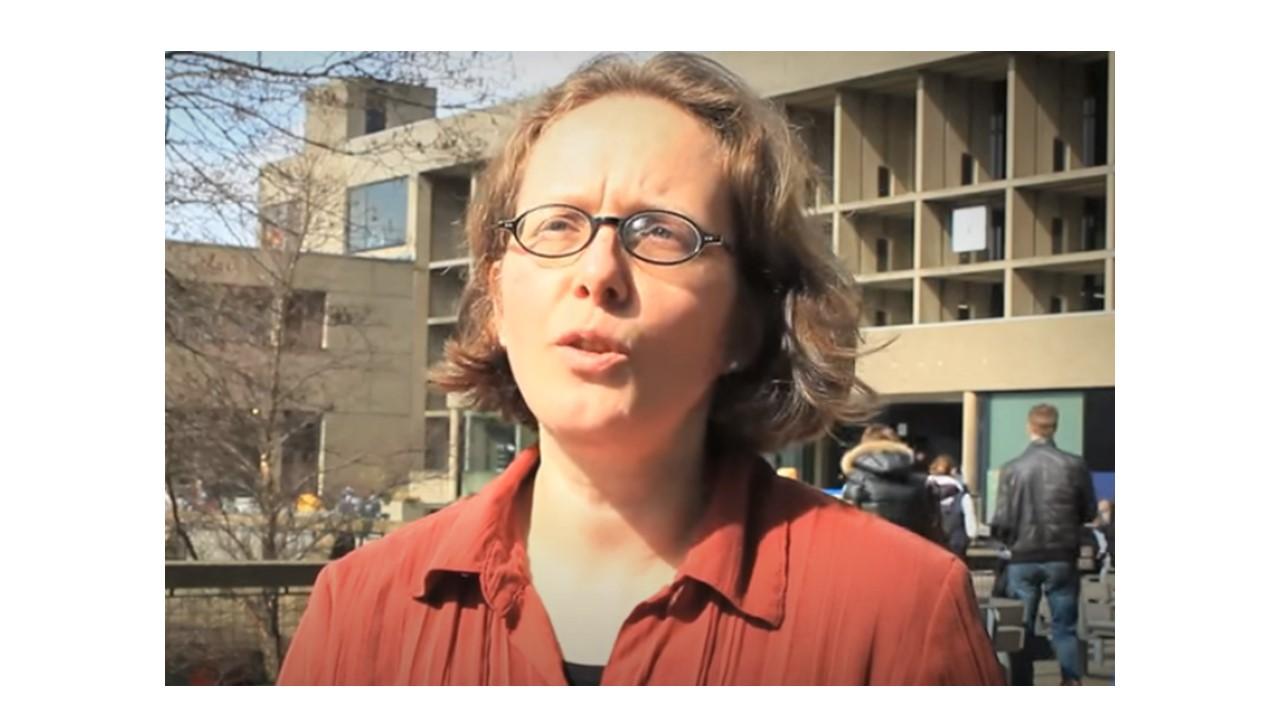Ingrid Robeyns Promotes Limitarianism—Closing the Wealth Gap
Contemporary political philosophy and applied ethics expert Ingrid Robeyns talks about limitarianism. What's limitarianism and how would it impact society?
Jan. 21 2022, Published 2:34 p.m. ET
In an era of mega-billionaires, experts often pose questions about issues like taxation on high-earning individuals. Rarely, however, do people speak on limiting income altogether. Contemporary political philosophy and applied ethics expert Ingrid Robeyns is a proponent of limitarianism.
With a spot on CBS Sunday Morning, at least some people want to hear what she has to say about limitarianism—even if only to disagree with it. Here’s a bit about Robeyns and an explanation of limitarianism.
Ingrid Robeyns will appear on CBS Sunday Morning.
Robeyns is set to appear in a CBS Sunday Morning special titled “The billionaire class: Can you be TOO rich?” on Jan. 23. According to CBS, “The richest one percent of Americans now owns 16 times the wealth of the bottom 50 percent.” The wealth gap is only getting bigger, and it poses questions for a billionaire culture.
Hosted by correspondent Mark Whitaker, Robeyns will argue her take on limitarianism as a way to reduce wealth inequality through income caps.
What is limitarianism?
In a 2017 interview, Robeyns described limitarianism as “a view on how resources should be distributed.” She says that philosophers apply it in different ways, but it boils down to believing that there should be “a certain upper threshold or limit” on resources. Robeyns applies limitarianism to income, but it can also refer to everything from natural resources to greenhouse gas emissions.
Many people don’t like communism or socialism because of the extremes that they’re taken to. Limitarianism isn't that and it isn't egalitarianism. Instead of saying that people should have or receive the same resources, it aims to minimize the wealth inequalities that plague marginalized genders, races, and classes. Limitarianism tolerates a certain degree of inequality.
Can economic limitarianism close the wealth gap?
There’s still the question of whether economic limitarianism works in action. Limiting income focuses on the individual, while much of the wealth in the U.S. is concentrated in corporations.
For example, Mark Zuckerberg’s Meta (formerly Facebook) has an estimated enterprise value of $835.16 billion. However, his income in 2020 was just $1. Zuckerberg earned a total of $25.3 million in compensation that year, almost entirely from securities.
If it were to work, economic limitarianism would have to pair income limitations with tax changes that close corporate loopholes. Billionaires commonly limit their income as a way to reduce taxation. Instead, they funnel their wealth through corporate assets like stocks.
Another critic says that it’s impossible to define an upper limit that achieves governmental consensus. How can one say “what is needed to have a flourishing life,” as TJ Nicklas wrote in the UPenn Journal of Philosophy, Politics, and Economics?
Robeyns said, “If democracies are in trouble then that might be because we’ve taken them for granted.” Limitarianism, she says, will help resolve that. Her focus is on structures that enable wealth inequality, because there are “plenty of things that individuals can do, but of course, the problem is that these individual measures are like drops in the ocean if the societal structures don't change.”


